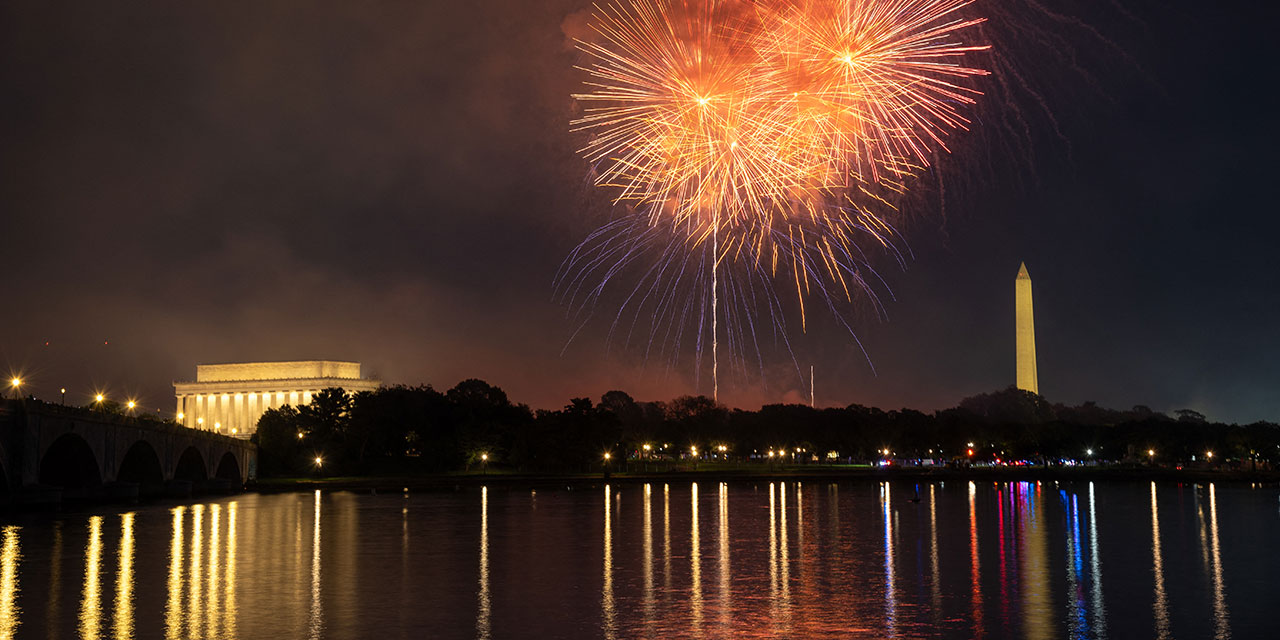Progressives on campus have quietly undermined scientific research for decades, but in the past year the corruption has become blatant. A series of scandals has exposed widespread bias, incompetence, plagiarism, and censorship. The publicity has prompted some modest changes, but the prospects for science are unclear: nonideological practitioners are outnumbered on campus today, and their ranks are thinning.
Scientific institutions have traditionally flourished by recruiting the most proficient researchers and promoting vigorous competition as they freely debate and test their theories. Those traditions remain sacrosanct among older professors, particularly older men with moderate or conservative political views, but not among the younger progressives and women who increasingly dominate academia. These younger professors, administrators, and journal editors are more likely to champion the diversity, equity, and inclusion (DEI) regime: they value ethnic and gender diversity over originality and productivity, and they are far more eager to silence and punish scientists daring to challenge progressive orthodoxy.
Finally, a reason to check your email.
Sign up for our free newsletter today.
Leftists have been enforcing scientific taboos since the 1970s, when IQ researchers saw their lectures and funding canceled. The prohibitions are stronger than ever now that the social sciences have become political monocultures. (See “The Real War on Science,” Autumn 2016.) Even the hard sciences have been politicized by demands to meet diversity quotas and to “decolonize” physics and mathematics by introducing “indigenous perspectives.”
The drive to recruit more female scientists enriched some fields with a new source of talent, but it also changed the overall scientific culture because of well-documented gender gaps. Female academics tend to be more politically progressive and more concerned with ensuring equal outcomes for groups than with rewarding individual achievement. They’re also more reluctant than their male colleagues to pursue controversial research—and more willing to suppress research and debate that they deem “harmful.”
Of course, plenty of women strongly support meritocracy and academic freedom, but studies have shown that on average, female professors put less emphasis than males do on “advancing knowledge” or “academic freedom” and more on “emotional well-being,” “social justice,” and “creating a better society.” In a national survey of academics two years ago, the Foundation for Individual Rights and Expression (FIRE) found that women were twice as likely as men to favor some restriction on “hate speech” and to support sanctions against faculty members who make controversial statements. The survey also found significantly less support for free speech among professors of both sexes who were under 35 or who leaned left politically.
FIRE has reported a dramatic rise in recent years in the number of professors subjected to investigations and sanctions, particularly at Harvard, Stanford, and other elite universities. The organization has criticized the University of Pennsylvania for its long-running disciplinary proceedings against Amy Wax, a law professor, for her controversial comments. While applauding academia for opening opportunities to individual women, Wax has decried the overall impact of the female influx.
“The feminization of the academy has been a total disaster,” Wax said in a recent podcast with Richard Hanania. “The values of the nursery and the kindergarten have now been elevated to the paramount considerations, and the old traditional and traditionally masculine values of truth-seeking, of argumentation, of reason, evidence, and objectivity have been downgraded.”
The shift in values is especially evident in the field of psychology, long one of the most left-leaning and female-dominated fields. Since the 1980s, women have been earning a majority of the doctorate degrees in psychology, and today they outnumber men by four to one on the boards of the major professional associations. When psychologists Cory Clark and Bo Winegard surveyed colleagues at 100 universities, they found that only 43 percent of the female psychology professors believed that scholars should prioritize truth over social equity when the two conflict, and that only 37 percent believed that scholars should be completely free to pursue research questions without fear of institutional punishment.
A majority of the male psychology professors in the survey believed in both principles, and they were also more willing to endorse ideas considered taboo in progressive circles. Three-quarters of them believed that biological sex is binary for the vast majority of people and that the two sexes differ psychologically because of evolution, but nearly half of the female professors rejected those ideas—and the enormous body of evidence supporting both of them.
The preference for dogma over science has become the official policy of one of the largest professional organizations, the Society for Personality and Social Psychology (SPSP). Since 2022, it has evaluated papers submitted for presentation at its annual convention by asking each researcher to explain how the work “advances the diversity, equity, inclusion, and anti-racism goals of SPSP.” Some prominent social psychologists, including Jonathan Haidt, have resigned from the group in protest.
Other psychologists, frustrated at the growing reluctance of journals to publish anything that offends progressives, have been quietly advising their best students to avoid this politicized discipline altogether, particularly the male students hoping to become professors. Their job prospects are poor, as psychologists Wendy Williams and Stephen Ceci showed in an experiment asking professors at hundreds of universities to consider hypothetical candidates for a tenure-track position. The psychology professors, male as well as female, favored hiring a woman over an identically qualified man by a three-to-one margin.
Some studies have shown biases in other scientific fields against hiring males (see “The Misogyny Myth,” Summer 2023) and political conservatives, so it seems likely that the resistance to meritocracy and academic freedom will keep getting worse across most campuses. As today’s younger professors gain seniority and hire colleagues who share their politics and fit their preferred identity groups, fewer talented scientists will remain to tackle the difficult questions—and more scientists will be determined to stop anyone from trying.
Illustration by Fernando Cobelo





